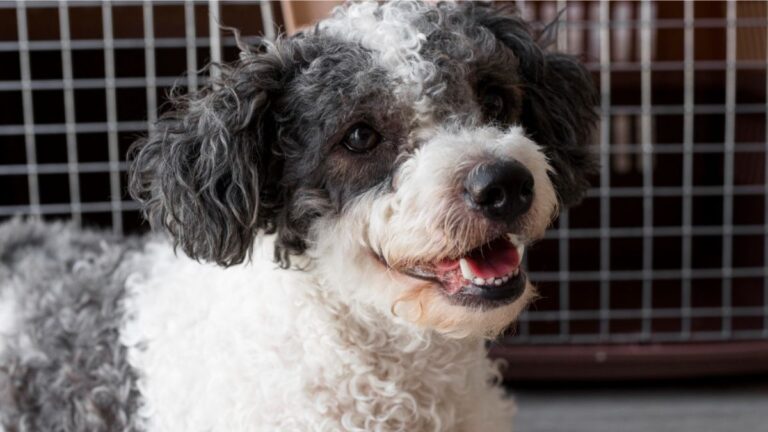Say Goodbye to Leash Biting: Effective Methods to Stop Your Dog from Biting the Leash
Tired of your dog turning walks into tug-of-war matches with their leash? It’s time to say goodbye to leash biting and hello to peaceful strolls once again! In this blog post, we’ll explore some effective methods to help you stop your furry friend from chomping down on their leash. Get ready to enjoy stress-free walks with your pup – no more teeth marks in sight!
Identify the Cause
The first step in addressing leash biting is to identify the root cause. Dogs may bite their leash for various reasons, including: boredom, teething, anxiety, frustration, or seeking attention. Understanding why your dog is biting their leash can help you choose the most effective methods to stop your dog biting the leash. For example, if they are teething, providing them with appropriate chew toys may help redirect their biting behavior.
Train “Leave It” Command
Teaching your dog the “leave it” command can be a useful tool in stopping leash biting. Start by holding a treat in your hand and closing it into a fist. When your dog tries to bite or paw at your hand, say ” leave it” and wait for them to stop. As soon as they do, reward them with the treat. Repeat this process, gradually increasing the amount of time they have to wait before receiving the treat. Once they have mastered this, you can start practicing with the leash. Hold the leash in your hand and wait for them to try and bite it. When they do, say “leave it” and wait for them to stop before rewarding them. Consistency is key in this training method.
Provide Appropriate Chew Toys
As mentioned earlier, teething can be a reason for dog leash biting. Make sure your dog has appropriate chew dog toys to help soothe their sore gums. Provide a variety of textures and materials to keep them interested and satisfied. Make sure to supervise your dog while they are chewing to prevent any choking hazards.
Exercise and Mental Stimulation
Like humans, dogs can become bored and frustrated when they don’t get enough physical and mental stimulation. Make sure your dog is getting enough exercise and playtime to release any pent-up energy. Mental stimulation, such as puzzle toys or training sessions, can also help keep your dog occupied and prevent them from turning to dog lead biting for entertainment.
Use a Deterrent Spray or Bitter Apple Spray
If all else fails, you may want to try using a deterrent spray or bitter apple spray on the leash. These sprays have a bitter taste that most dogs find unpleasant, and it may discourage them from biting the leash. Be sure to test the spray on a small area of the leash first to make sure it will not damage the material.
Seek Professional Help
If your dog’s leash biting persists despite your best efforts, it may be beneficial to seek help from a professional dog trainer or behaviorist. They can assess the situation and provide personalized training techniques to address the issue.
Be Patient and Consistent
Remember, addressing leash biting takes time and patience. Be consistent with your chosen method and continue to reinforce positive behavior. With time and consistency, your dog will learn to stop your dog biting the leash and enjoy peaceful walks with you without any distractions.
Reasons Why Dogs Bite the Leash
- Teething: Just like human babies, puppies go through a teething phase where they feel the need to chew on objects to relieve the discomfort in their gums. This can include their leash.
- Boredom: Dogs who are not getting enough physical and mental stimulation may turn to leash biting as a way to entertain themselves.
- Anxiety: Some dogs may bite their leash out of anxiety or fear, especially in new or stressful situations.
- Attention-seeking: Dogs are social animals and may engage in leash biting as a way to seek attention from their owners.
- Lack of training: If a dog has not been properly trained not to bite the leash.
Conclusion:
Leash biting is a common behavior in dogs, but it can be frustrating for owners. It is important to address this behavior early on to prevent it from becoming a habit. By using positive reinforcement training, providing appropriate chew toys, and ensuring your dog gets enough exercise and mental stimulation, you can help discourage leash biting. If the behavior persists, seek help from a professional trainer or behaviorist. With patience and consistency, your dog can learn to stop biting the leash and enjoy walks without any distractions.







